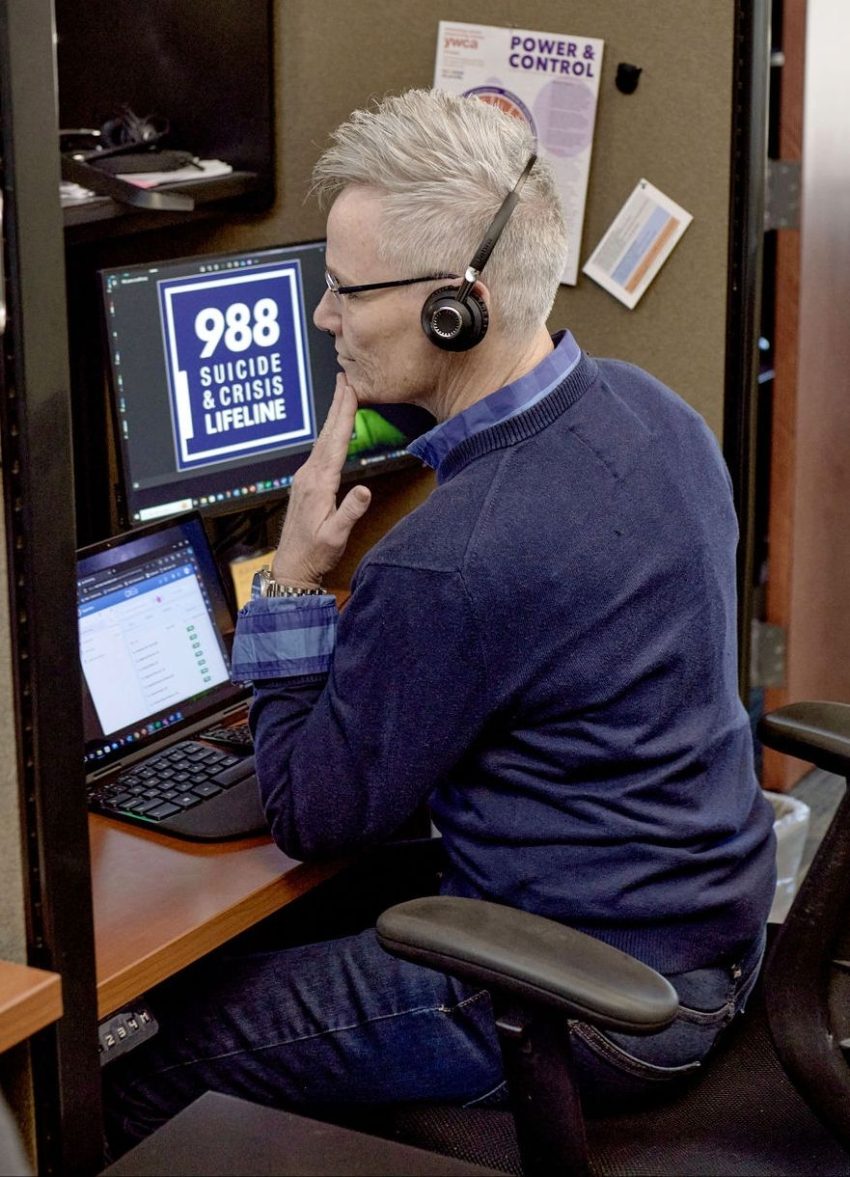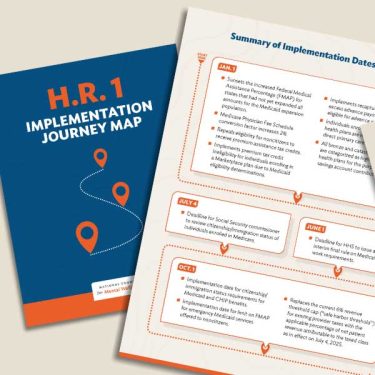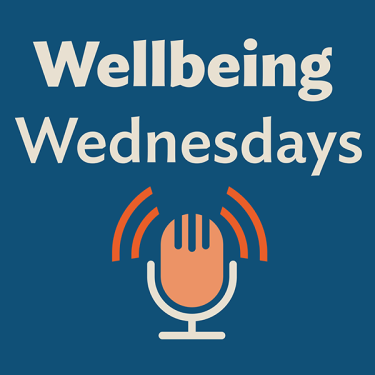Trauma affects nearly everyone, shaping mental health, relationships and overall wellbeing. At Frontier Behavioral Health (FBH), a National Council member in Washington, that understanding drives action. We spoke with CEO Kelli Miller, MPA, about how the organization applies Trauma-Informed Care (TIC) through evidence-based practices, meets urgent behavioral health needs, and partners with the community to foster healing and safety.
How are you putting TIC principles into practice?
“Trauma is a nearly universal experience. More than half of the general population and 90% of those served by the public mental health system have experienced trauma. It’s capacity for altering everything about a person — from worldview to coping skills — is why FBH and other providers integrate the TIC principles into treatment plans.
“We’ve been a TIC organization since 2015, incorporating its principles into the evidence-based treatment practices we provide — from early screening and assessment to client-driven care and community outreach. At FBH, we don’t ask ‘What’s wrong with you?’ We ask, ‘What happened to you and how can we help?’ Our TIC mission statement is: Your health. Your choices. Your life. Help for today. Hope for tomorrow.”
How are you responding to urgent behavioral health needs in the community?

“FBH is addressing a number of challenges among the populations we serve, including access to treatment for all age groups, increases in suicidal thinking and substance use, and homelessness. Through a 24/7 crisis line, 988, mobile crisis teams and community-based treatment, FBH ensures timely, compassionate responses that stabilize people in their own communities rather than hospitals or jails.
“For example, FBH’s Mobile Rapid Response Crisis Team (MRRCT) is one of six endorsed by the state of Washington to provide urgent care to people in acute crisis. The MRRCT plays a key role in the continuum of crisis response services by providing immediate, community-based resources, which reduces the need for ER visits, law enforcement involvement, and even hospitalization.
“The MRRCT is comprised of two distinct units that are specifically trained to provide in-person intervention and stabilization services to youths and adults around-the-clock. Crisis calls that cannot be resolved on the phone through supportive listening by either the 988 Suicide & Crisis Lifeline or the Regional Crisis Line (both operated by FBH), are transferred to the agency’s Mobile Dispatch Unit (MDU), where clinicians assess each situation and then assign the appropriate in-person mobile response team.”
Can you give an example of how Frontier Behavioral Health’s crisis response made a difference?
“Recently, a 911 operator diverted a mental health call directly to FBH’s 988 crisis hub. The crisis team provided real-time support, deployed a mobile responder and de-escalated the situation without police intervention. The individual received same-day outpatient follow-up, demonstrating how the 911/988 partnership saves lives while preserving dignity and community safety.”
What new initiatives or partnerships are you most excited to grow?
“Frontier Behavioral Health is committed to expanding and improving our 988 Suicide & Crisis Lifeline services, as well as deepening our collaboration with the county’s 911 system. The 911/988 diversion partnership is making a significant impact in the region’s crisis response network by delivering ‘the right response’ at the ‘right time.’ By reducing unnecessary law enforcement or ER involvement, we are able to provide faster access to behavioral health care while freeing up more costly resources for more emergent situations.”
What do you wish more people understood about your work?
“Behavioral health challenges affect people from every background. Frontier Behavioral Health’s mission is grounded in compassion and fairness, recognizing that trauma and recovery look different for everyone. With the right support, people can and do heal, and communities become stronger together.”


